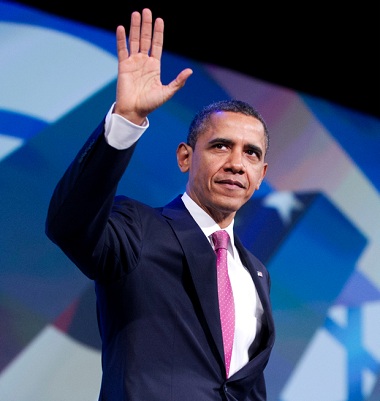In February of this year, The Washington Post published an article displaying the results of a survey conducted among 162 members of the American Political Science Association’s Presidents & Executive Politics section.
Although it has been celebrated officially since 1879, Presidents’ Day serves essentially two purposes: a patriotic excuse for retail discounts and an irresistible occasion to engage in armchair analysis of the nation’s presidents.
To add some systematic evidence to the perennial conversation, in 2014 we surveyed 162 members of the American Political Science Association’s Presidents & Executive Politics section and asked them to rate the U.S. presidents. Here is what we found.
The most highly ranked presidents contained many of the usual suspects. Abraham Lincoln was rated the greatest president, with an average score of 95 out of 100, followed by George Washington and Franklin D. Roosevelt.

(Graph by Brandon Rottinghaus for The Washington Post)
The rest in the top 10 were Teddy Roosevelt, Thomas Jefferson, Harry S. Truman, Dwight D. Eisenhower, Bill Clinton, Andrew Jackson and Woodrow Wilson. Those presidents with a score of more than 50 are graphed below.
This list is similar to past lists, except that both Clinton and Eisenhower crack the top 10.
We also asked respondents which president should be added to Mount Rushmore, and Franklin Roosevelt was the overwhelming favorite. Almost two-thirds of respondents chose him. The next highest vote-getters, Eisenhower and Ronald Reagan, were supported by only 5 percent of respondents.
Who were the worst presidents? James Buchanan was the lowest ranked, and was joined at the bottom by Warren Harding, Andrew Johnson, Franklin Pierce and William Harrison. Presidents with shortened terms tend to fare worse, on average, as in other rankings.
The views of these scholars differed from the views of Americans in some interesting ways. For example, in 2010, a plurality of respondents would have put John F. Kennedy on Mount Rushmore, followed by Reagan and Franklin Roosevelt. The Kennedy mystique looms larger in the public mind than for most scholars.
Indeed, when asked about which presidents were most overrated and underrated, our survey found Kennedy to be the most overrated, followed by Reagan and Andrew Jackson.
The most underrated? Eisenhower, George H.W. Bush and Truman. All of these underrated presidents, to some degree, were consensus-builders. They also all managed international conflicts, something that most of the top 10 great presidents did.
How does Barack Obama fare? Scholars had a mixed view of him. Obama ranks 18th overall and, among the modern presidents (those since FDR), he is in the middle of the pack. He ranks behind not only Clinton and Eisenhower but also Reagan, Johnson, Kennedy, and George H.W. Bush. Obama ranks ahead of Gerald R. Ford, Jimmy Carter, Richard Nixon, and George W. Bush (who was ranked 35 overall).
One caveat that comes with presidential rankings is that even scholars appear to be influenced by ideology. Consistent with other research, we found predictable ideological differences in views of Obama and George W. Bush.
Of course, it is too early to fully assess Obama or even Bush. History is always shaping and reshaping the legacy of former presidents. As in the case of Eisenhower and Clinton, presidential legacies can improve with time. This seems especially likely when presidents serve more than one term, preside over economic prosperity, and effectively handle international conflict.
For Obama in particular, the next two years may therefore prove crucial in determining whether his legacy will put him among the nation’s better presidents.
About the survey: 391 members of the American Political Science Association’s Presidents & Executive Politics section, the premier organization of experts of the American presidency, were invited to complete the online survey, which was administered by Brandon Rottinghaus of the University of Houston and Justin S. Vaughn of Boise State University. 162 surveys were completed online between May and November 2014.
Source: https://www.washingtonpost.com/



